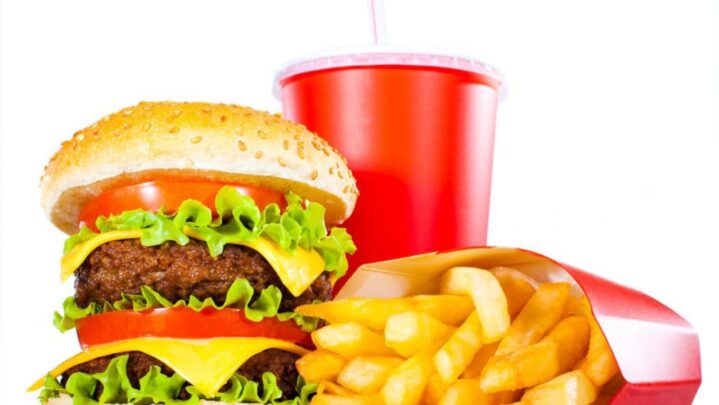There are mixed assessments about eating snacks. Some accept that it’s sound, while others figure it can hurt you and make you put on weight. Nibbling or snacking is the point at which you devour food or refreshments between your normal primary meals. The expression “snacks” is regularly used to allude to handled, fatty things like chips and sweet treats. Notwithstanding, snacking just intends to eat or drink something between dinner and lunch, whether or not the food is solid. Appetite is the fundamental inspiration driving our urge to snack, however, factors like area, social climate, the season of the day and food accessibility contribute too. Truth be told, individuals regularly bite down while snacking food is near even if they’re not hungry.
Although it’s been proposed that eating at regular intervals expands your digestion, logical proof doesn’t uphold this. Study shows that dinner recurrence has no huge impact on the number of calories you consume. One investigation in individuals eating an equivalent number of calories in two or seven dinners for every day found no distinction in calories consumed. In another investigation, individuals with weight who followed an extremely low-calorie diet for 3 weeks indicated comparable reductions in metabolic rate, whether or not they ate 800 calories as 1 or 5 suppers for each day.
Decreased recurrence of eating through irregular fasting or time-confined eating likewise features the comprehensively gainful impacts that eating less has on human wellbeing. This incorporates helping weight reduction and bringing down the danger of metabolic sicknesses, for example, diabetes. Yet, what we can be sure of is that not exclusively does snacks make your probability of raised inflammatory markers better, yet eating unnecessary calories additionally prompts weight pick up. Eating late has additionally been connected to raised cholesterol and glucose and can make you more insulin safe. This leaves you feeling hungrier the next day.





